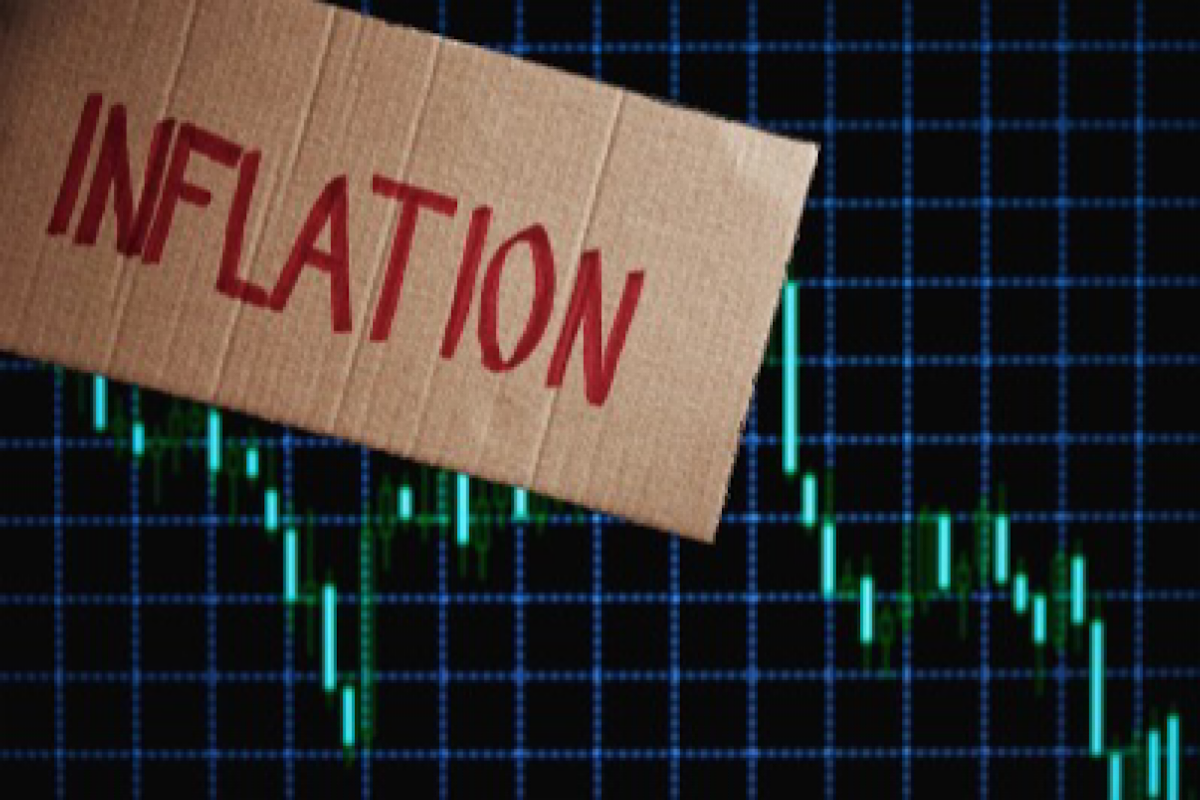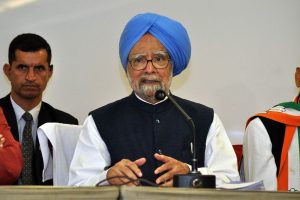The year 2024 will be remembered as a period of extraordinary global transformation. At the heart of this upheaval was the persistent sting of inflation, which, despite moderating in many economies, left a lasting impact on the political and social fabric of nations, including India. Coupled with geopolitical conflicts and technological advances, the year painted a picture of a world grappling with profound challenges and opportunities. These shifts also highlight the fragile balance between economic policies and public sentiment. Governments must recognise that while macroeconomic indicators like inflation rates matter, the lived experiences of citizens ~ rising costs, stagnant wages, and inequality ~ drive political and social outcomes.
Inflation served as a unifying force of discontent across continents, with voters expressing their frustration at the ballot box. It didn’t matter that inflation rates had eased; the economic scars of previous years remained raw. Citizens held their governments accountable for the soaring costs of everyday essentials, leading to a wave of anti-incumbent sentiment, including in India where the ruling BJP failed to muster a majority on its own in the Lok Sabha. Established parties found themselves replaced in several countries, reflecting a global appetite for change. This sentiment culminated in the United States, where rising costs and economic unease helped usher Donald Trump’s re-election. While inflation dominated domestic politics, wars continued to shape international dynamics. The prolonged conflict in Ukraine entered a new phase, with one side achieving significant territorial gains.
Advertisement
Meanwhile, in West Asia, a longstanding struggle extended its reach, leaving a trail of destruction and political uncertainty. Syria, however, presented a different narrative, as coordinated rebel efforts ousted a regime that had clung to power through years of civil war. The transition to governance by rebel factions offers a glimmer of hope but also poses immense challenges for stabilisation.Amid this backdrop of political and social upheaval, the business world was undergoing its own revolution, driven by artificial intelligence. The transformative potential of AI spurred industries to rethink operations, and its economic significance was underscored by the overwhelming dominance of a handful of tech giants. These firms, commanding an outsized share of market value, symbolise both the opportunities and risks of an increasingly digitised economy. The convergence of tech billionaire Elon Musk and Mr Trump emerged as a defining theme. The intertwining of political influence with technological innovation raises critical questions about the future of governance and societal priorities.
As technology reshapes everything from economies to election campaigns, it is imperative to consider how such power is wielded and for whose benefit. Looking ahead, the lessons of 2024 are clear: economic justice, political accountability, and ethical technology adoption must become central to priorities. Without a concerted effort to address these issues, the instability that characterised this year risks becoming a permanent feature. By learning from the past year’s turbulence, there is an opportunity to build a more equitable future.











